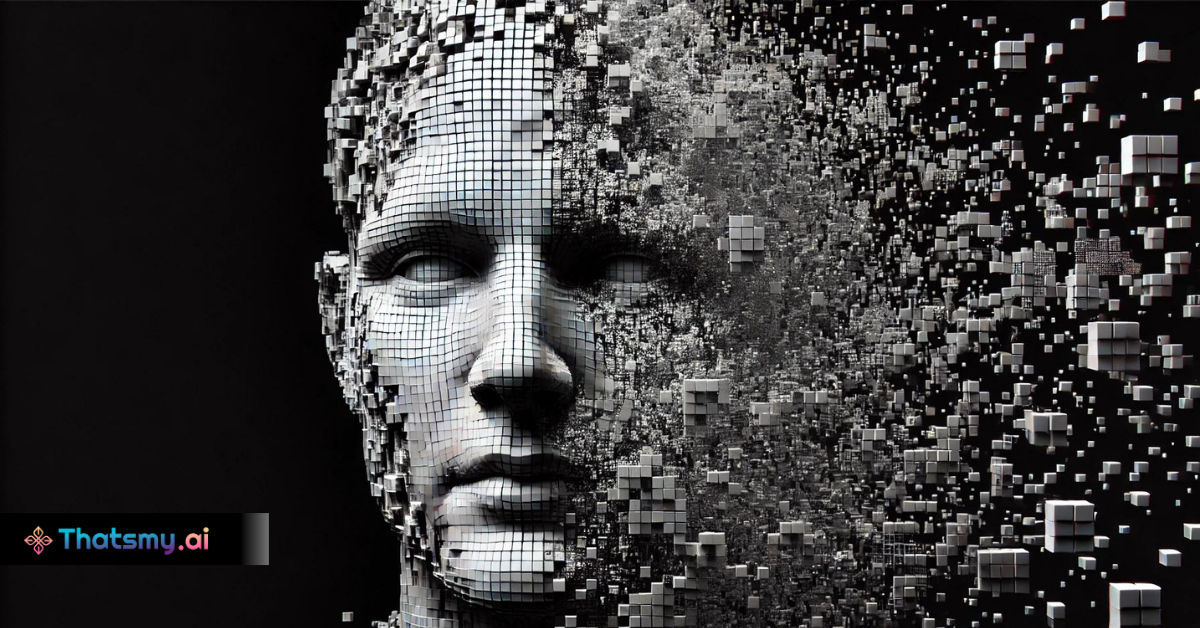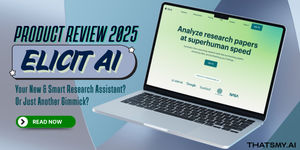This week’s AI news highlights Gen Z’s mixed feelings about artificial intelligence. While they appreciate AI’s potential to drive innovation, concerns about job displacement and ethical dilemmas are prevalent. As AI continues to shape our world, Gen Z’s demands for transparency, job security, and ethical considerations will influence its future development.

Artificial Intelligence (AI) is no longer a distant concept but a reality shaping our everyday lives. However, not everyone feels the same way about it—especially Gen Z. This week, a new survey has revealed that the youngest working generation has mixed feelings about AI. While some are excited about its potential, others are wary of the risks it brings.
Gen Z, born between 1997 and 2012, is known for its tech-savvy nature. Growing up in a world filled with smartphones, social media, and streaming platforms, they are quick to adopt new technologies. In the context of AI, many see it as a tool that can drive innovation and create new opportunities. According to the survey, about 60% of Gen Z respondents believe that AI will significantly enhance industries such as healthcare, education, and entertainment.
For instance, AI's ability to automate routine tasks allows individuals and businesses to focus on creative and strategic initiatives. Gen Z appreciates this aspect of AI, seeing it as a way to boost productivity and foster innovation. Additionally, AI-powered tools like chatbots, personalized marketing, and smart assistants are viewed positively for making life more convenient and efficient.
Despite the excitement, there’s also a palpable sense of fear among Gen Z about the potential negative impacts of AI. A significant portion of the survey respondents expressed concerns about job security. The fear that AI could replace human jobs is not new, but it resonates strongly with this generation, many of whom are entering the workforce.
The survey indicates that around 45% of Gen Z respondents are worried that AI could lead to widespread unemployment, especially in sectors like retail, manufacturing, and customer service. This concern is compounded by the uncertainty of how AI might reshape the job market, making some roles obsolete while creating new ones that require different skill sets.
Another layer of complexity in Gen Z’s relationship with AI revolves around ethics and trust. With AI systems being used in sensitive areas such as facial recognition, surveillance, and data collection, this generation is increasingly questioning the ethical implications. The survey shows that nearly 50% of respondents are concerned about privacy and the potential misuse of AI technology by corporations or governments.
Furthermore, the lack of transparency in how AI algorithms work adds to the distrust. Gen Z, being highly aware of issues related to data privacy and security, is skeptical about how AI systems are developed and deployed. The “black box” nature of AI—where the decision-making process is not easily understood—fuels these concerns, leading to calls for more regulation and oversight in AI development.
As AI continues to evolve, it’s clear that Gen Z’s mixed feelings will play a crucial role in shaping its future. The generation’s demand for ethical AI, transparency, and job security could influence how companies and governments approach AI implementation. To win over Gen Z, stakeholders will need to address these concerns head-on, ensuring that AI is developed and used in ways that are not only innovative but also responsible and inclusive.
Educational initiatives could also play a key role in easing some of these concerns. By equipping Gen Z with the skills needed to work alongside AI, rather than in competition with it, the generation may become more comfortable with the technology. Encouragingly, some educational programs are already incorporating AI literacy into their curricula, preparing students for a future where AI will be an integral part of many professions.
Gen Z’s relationship with AI is complex, marked by both optimism and caution. While they recognize the potential for AI to drive innovation and make life easier, they are also keenly aware of the risks it poses, from job displacement to ethical dilemmas. As the debate continues, it will be essential for developers, businesses, and policymakers to listen to Gen Z’s concerns and work towards creating an AI-driven future that is equitable, transparent, and secure.
Sign up to gain AI-driven insights and tools that set you apart from the crowd. Become the leader you’re meant to be.
Start My AI Journey
ThatsMyAI
20 March 2025

ThatsMyAI
7 March 2025